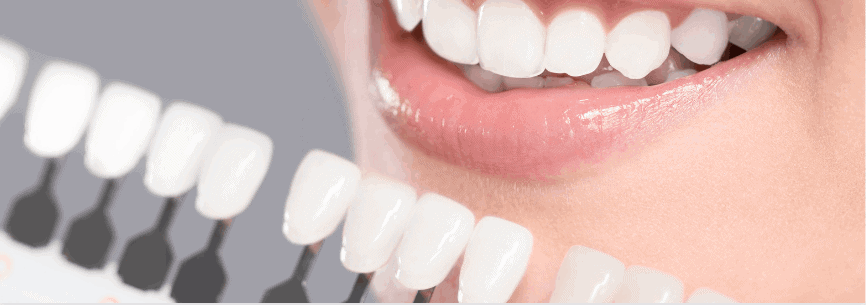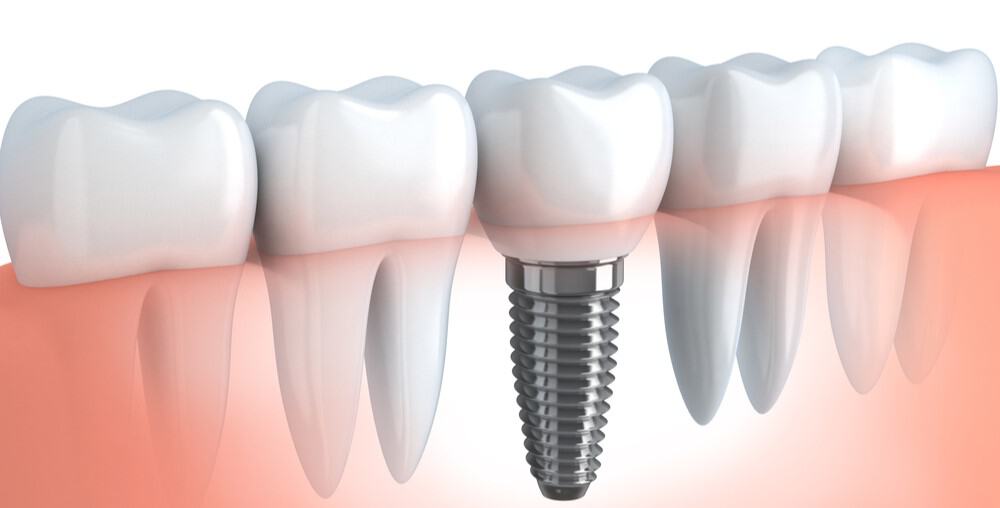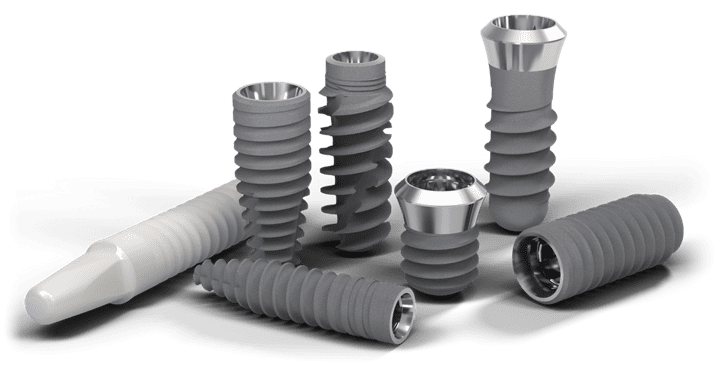The five types of dental crown: benefits, differences and cost
Getting a dental crown is an ideal solution to improve the aesthetic of someone’s smile. However, there are 5 different dental crown types you can choose from, which can bring confusion. Here are their differences, benefits and respective costs.
What is a dental crown?
A dental crown is a fixed prosthesis that looks like a natural tooth, as it reproduces the exact same shape and colour of the natural ones. In most cases, people get crowns in order to protect a broken, damaged, chipped, malformed, stained or devitalized tooth. However, it is also a solution highly used to replace a missing tooth.
The crown can then be attached to the original tooth, after beeing properly prepared, or placed on an implant if the tooth is missing or unhealthy. Unlike a dental bridge, that is a set of interconnected crowns, a crown is placed on one tooth only.
Dental crown have many advantages, as following:
- They give a very natural aesthetic result: the colour and shape of the crown adapt to the patient’s natural teeth, allowing the crown to blend in perfectly with the rest of the teeth.
- They help regain an excellent chewing comfort: thanks to their exceptional strength and durability, they are perfectly functional.
- Lastly, they are an affordable solution: a dental crown placed on a root is generally three times cheaper than an implant and doesn’t require any surgery.
Who needs dental crown?
Dental crowns are recommended for patient with the following issues:
- To restore teeth that have been weakened by fillings, severe decay, and root canal treatment.
- To correct smile imperfections related to the colour of your teeth, their alignment or their shape.
- To replace a missing tooth.
Dental crown procedure
The application of a dental crown is achieved in 3 steps:
- First, the preliminary assessment. Before starting your treatment, your dental surgeon will offer you a complete check-up including an oral examination and a radiological examination. This preliminary check-up is essential to establish your treatment plan.
- Second, the making of the crown. In order to fit your dental crown, the dental surgeon will need to trim your tooth to create space for it. He will then take your impressions which will be sent to the dental laboratory to make your custom-made crown. If you are missing a tooth, they will proceed to an implant placement.
- Third, the crown fitting session. Once the crown is ready, your dentist will be able to seal it onto the abutment teeth using a sealing paste or the pillar of the implant.
What are the different dental crown types?
Before getting dental crown, it’s important to know that there are 5 different dental crown types. They mostly differ on the materials used, their cost and the patient’s expectations.
These are the 5 dental crown types:
Gold Crowns
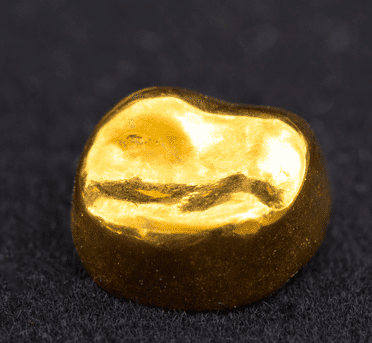
They are fully made of gold or gold alloys, and they are a part of the all metal crown category. Gold crowns mostly serve to cover a damaged tooth for the back of the mouth. It is important to know that some patients may be allergic to metal and aren’t eligible to gold crown, also known as metal crowns. It is then necessary to inform your dentist of any metal allergies you may have.
This type crown is very durable because of its strength. But the main downside is that they don’t look like natural teeth as the gold is visible.
Metal-Ceramic Crowns
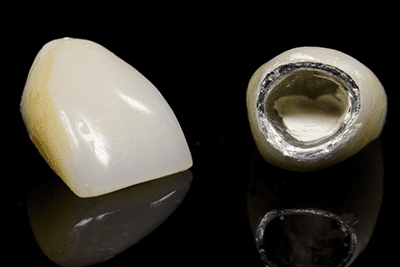
Metal-Ceramic crowns consists of two basic materials: metal alloy and dental ceramic. The inner part of the crown is made of metal and the outer part is covered with ceramic.
The ceramic gives an aesthetically pleasing look to the crown, however the inner metal part may cause a grey line, visible at the edge of the gumline. They provide both strength and aesthetic which makes them cost-worthy.
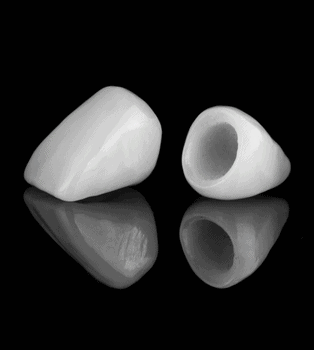
Porcelain Crowns
Porcelain dental crowns are fully made of porcelain and they are the most popular type of crowns used nowadays. They are 100% biocompatible, which means that they don’t have any metal. It is a very good choice for patients with allergiies to metal.
Porcelain crowns may be more expensive than the other dental crown types such as metal crowns, but they give a natural aesthetic look.
Zirconia Crowns
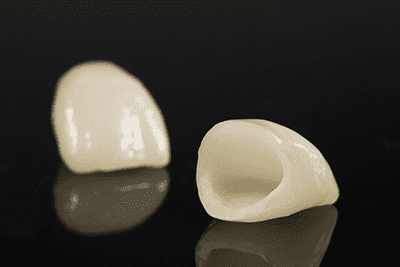
As opposed to the Porcelain fused to metal dental crowns, the Zirconia ones have no metal framework. The inner part of the crown is made out of Zirconia and the outer part is covered with ceramic, ensuring a natural looking result.
This material is particularly resistant and long-lasting while also giving a very aesthetically pleasing result.
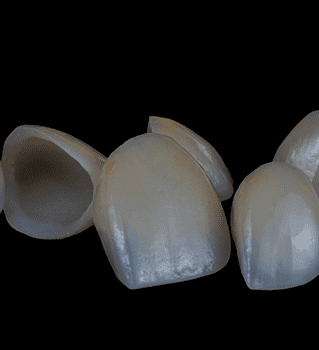
E-max Crowns
These are the newest type of dental crowns. It is an all-ceramic dental crown made out of lithium disilicate. E-max dental crown provide a natural aesthetic look and are a great choice for both front and back teeth. They are durable and strong whilst being more pricey.
The dental crown types at the EL CEDRO Barcelona clinic
At the EL CEDRO clinic, we chose to work with metal-ceramic crowns and zirconia crowns only. In fact, they both offer qualitative and durable results while being at affordable prices for our patients. As you can tell, we chose the crowns giving the most natural looking result that allow acess to everyone.
During your first appointment at the clinic, you will be able to choose whether you want to have zirconia crowns or metal-ceramic crowns depending on your budget and on your result’s expectations. You will then be able to choose the exact shape, color and size of your crowns so that they can match the rest of your teeth and give a natural result.
Dental crown types: prices in 2022
The price of a dental crown varies according to the material chosen, the type of crowns and it also varies from a dentist to another.
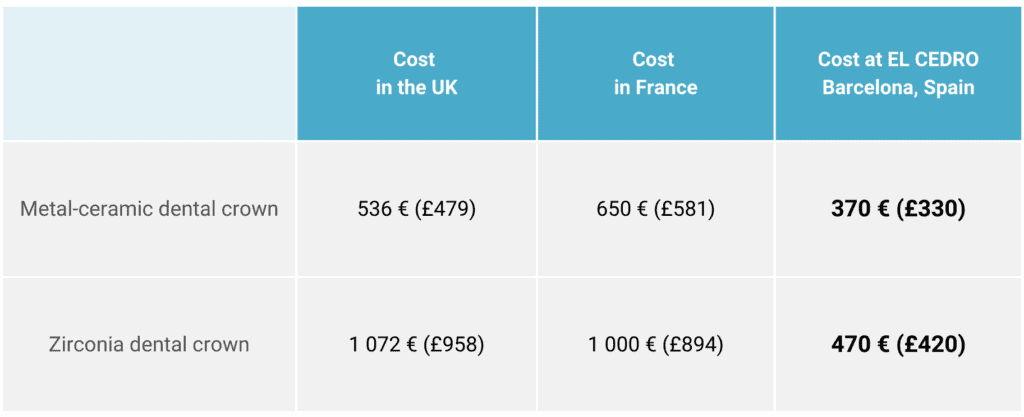
Q&A
How long does a dental crown last?
On average, the life span of a dental crown is between 10 to 20 years. It is important to remember that once your dental treatment is complete, only impeccable dental hygiene and regular follow-up with your dentist will guarantee the life span of your dental crowns.
Are dental crowns painful?
Carried out under local anaesthetic, the placement of a dental crown is not painful. In addition, to avoid any discomfort after your treatment, your dental surgeon will prescribe painkillers and give you a guide with advices on hygiene and diet.
What alternative are there to dental crowns?
To replace one or more missing teeth, several solutions can be considered: removable prostheses, fixed prostheses, bridge, dental implants… The dental implant is currently considered the best option to replace a missing tooth due to its resistance, durability and aesthetic result which is as close as possible to a natural tooth.

